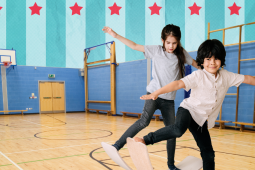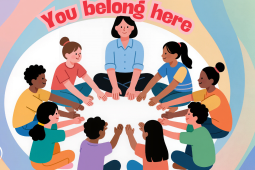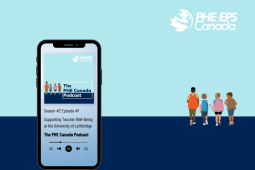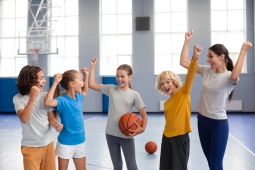Teacher to Teacher: Using Social Media in Class

Previously published in Volume 83, Issue 2
Being a health and physical educator is rewarding. Your work has an impact on the lives of your colleagues, your students, their families and their communities.
But it’s also a career with its challenges. We want our members to be able to connect and share how they handle the issues that come up in their classrooms and schools so we can all continue to learn and build our professional repertoires together.
In this section of the Journal, we feature questions posed by teachers (by way of social media or email), and answers directly from their colleagues.
Question: How can I incorporate social media into my lesson plans to connect with, engage or motivate my students?
Answers:
From a teacher educator’s perspective:
- Share recent research with pre-service teachers that supports their learning.
- Have students join #physed, #healthed, #teaching online chats (e.g., Twitter) and ask them to be responsible for at least one response to a question you pose.
- Include regular webinars with current, past and future students to promote the importance of online community.
- Have students share their work online, and ask for feedback, suggestions, etc. (e.g., perhaps sharing a recent research pilot study online).
From a school teacher’s perspective:
- Set up a class website/Facebook page/class (subject area) blog where students can log in to post exercise ideas, workout plans, eating plans, mental health strategies, family physical activity ideas, and so on.
- Post a daily (or weekly) blog for students, families and community members to read and respond to.
- The posts can include inspirational quotes, quick health tips, success stories, etc.
- Post “after-activity selfies” (e.g., following a game activity).
- Tweet reminders to students (e.g., "We are in the pool tomorrow").
- Ask a question or give an active challenge on your school PE twitter account.
- Post what is happening in your physical education (PE) classes on your PE Twitter account and showcase your students doing a great job in PE (make sure you have all permissions complete to post pictures of your students).
Have a question you'd like to ask your peers? We'd love to hear it! Send your questions to [email protected] and we'll do our best to find some helpful answers.








